The Pros and Cons of Growing Micro Clover Lawns
This post follows our research editorial guidelines.


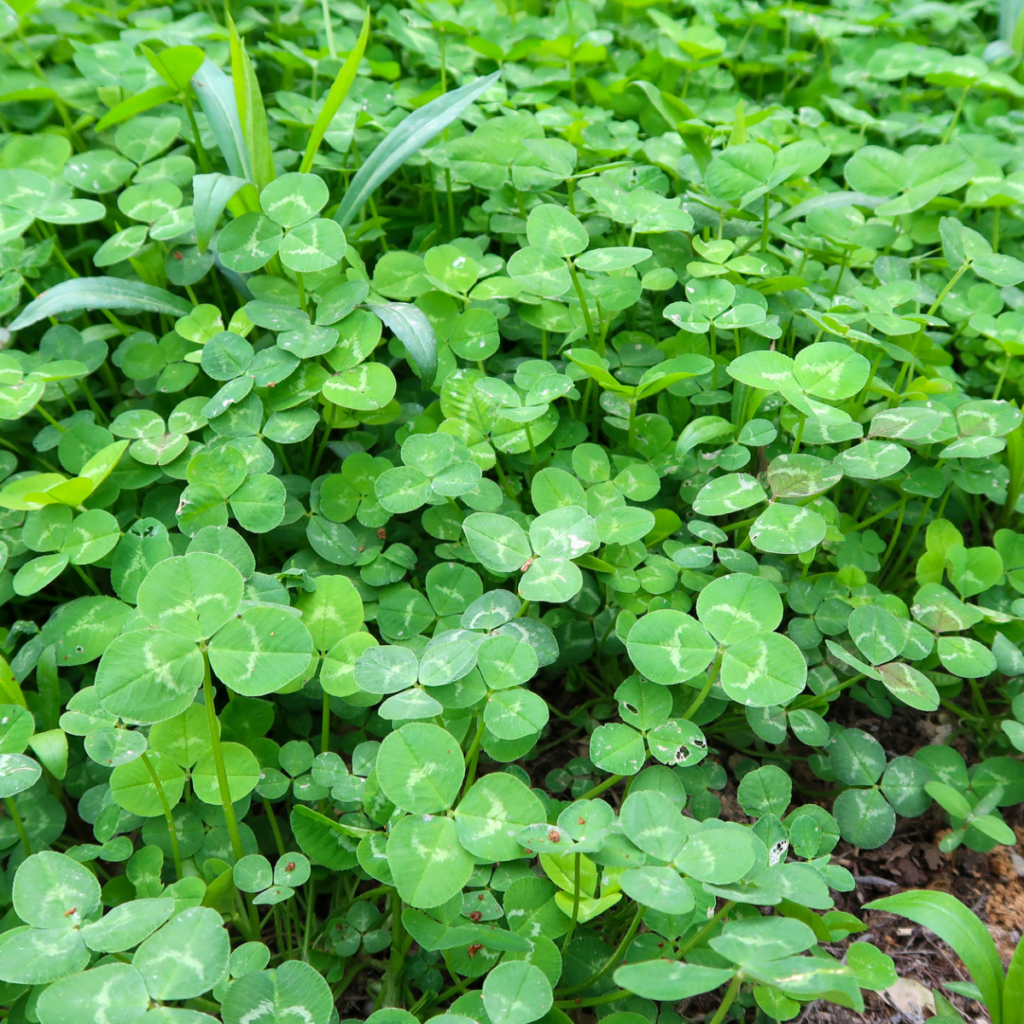
Are you tired of the constant upkeep of a traditional grass lawn? Or perhaps you’re searching for a more environmentally friendly option? Micro clover lawns might be just what you’re looking for. But before you make the switch, it’s essential to weigh the advantages and disadvantages. Here are four pros and four cons to consider when deciding if a micro clover lawn is right for you.
Quickly Find Clover Ground Cover Tips:
Pros
1. Low Maintenance
One of the biggest draws of micro clover lawns is their low maintenance. Unlike traditional grass lawns, micro clover requires less mowing and fertilization. This is because micro clover naturally fixes nitrogen in the soil, reducing the need for additional fertilizers. Imagine spending less time on lawn care and more time enjoying your lush, green yard!
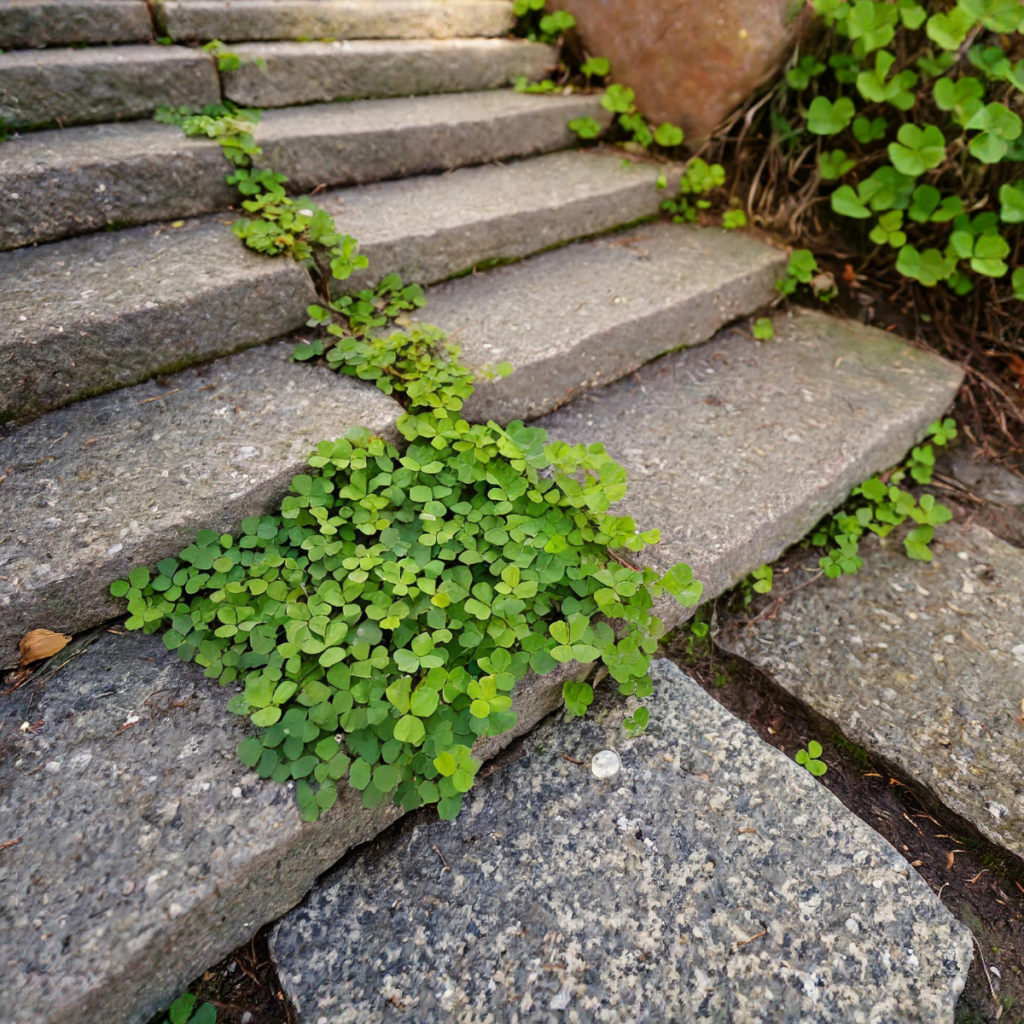
2. Drought Tolerant
If you live in an area with water restrictions or dry climates, micro clover could be a game-changer. It’s more drought-resistant than many grass species, which means it stays green and vibrant with less watering. This not only conserves water but also saves you money on your water bill.
3. Aesthetic Appeal
Micro clover boasts a dense, lush appearance that can enhance the visual appeal of your lawn. It stays green longer into the fall and winter than many grass varieties, providing a lovely, verdant landscape even as other plants go dormant. Plus, its small, delicate leaves create a uniform and soft-textured ground cover.
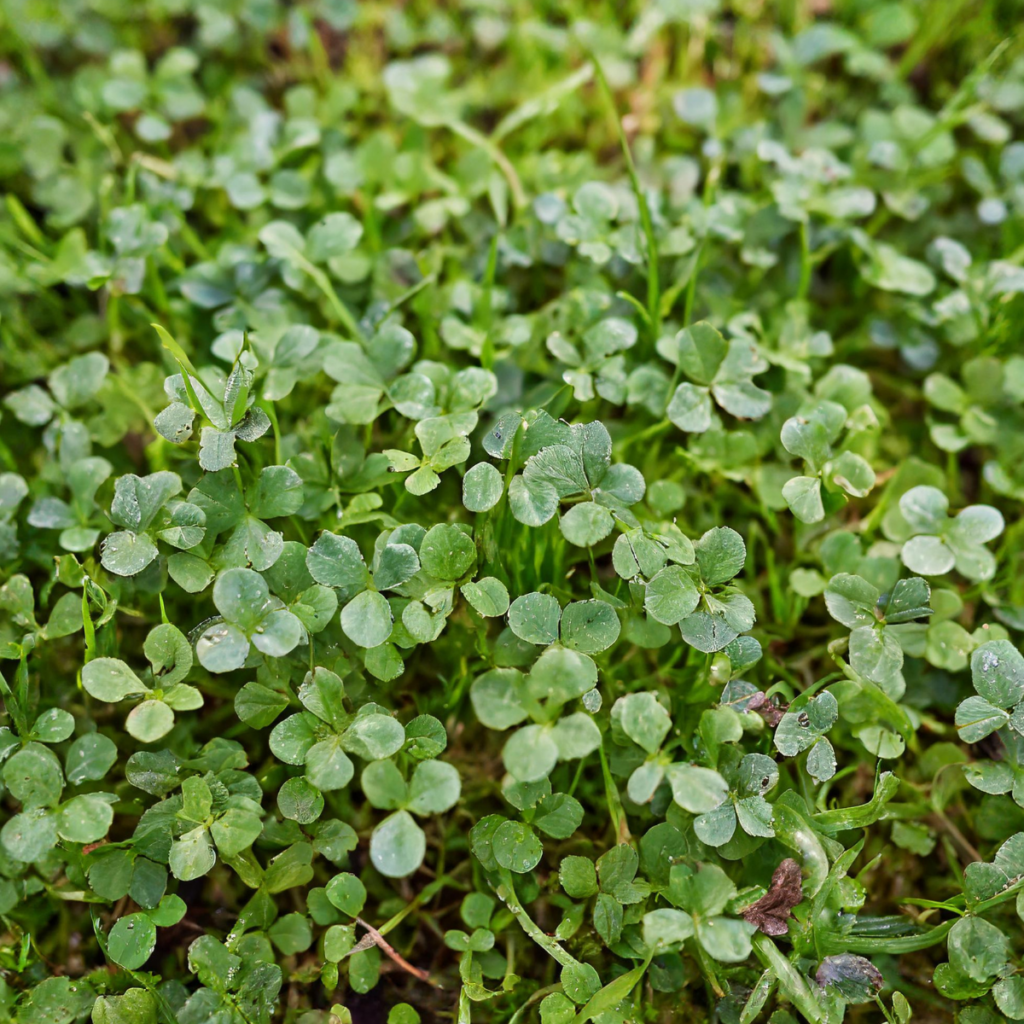
4. Environmental Benefits
Growing a micro clover lawn is a more eco-friendly choice. By reducing the need for chemical fertilizers and frequent mowing, you’re minimizing your carbon footprint. Additionally, micro clover attracts pollinators like bees, contributing to local biodiversity. A healthier environment starts right in your backyard!
Cons
1. Initial Establishment
Starting a micro clover lawn can be a bit of a challenge. Proper soil preparation and consistent watering are crucial during the establishment phase. If you’re not prepared for this initial effort, you might find the process frustrating. Patience and diligence are key to successfully establishing a micro clover lawn.
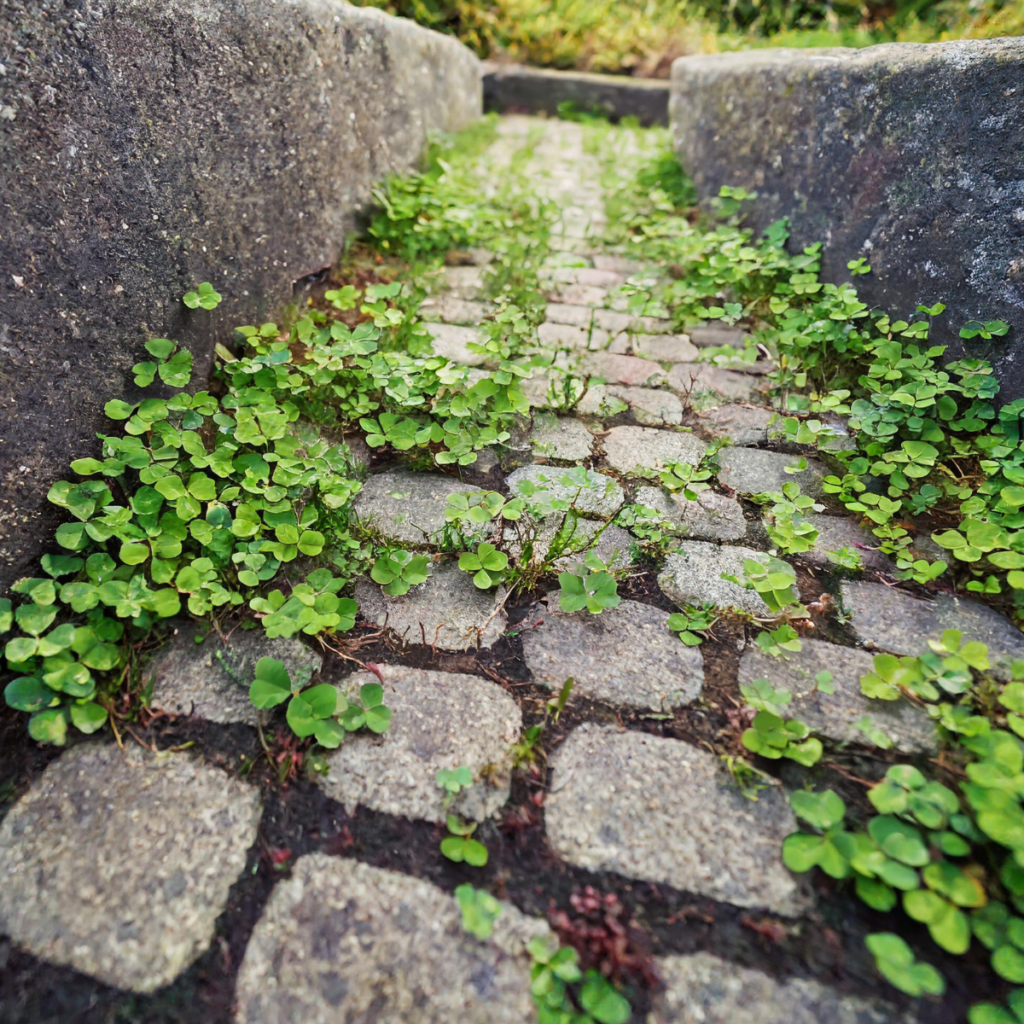
2. Not Ideal for Heavy Traffic
Micro clover lawns are not as durable under heavy foot traffic compared to traditional grass lawns. If you have kids or pets that frequently use the lawn, or if your yard is a hub for outdoor activities, you might find that certain areas require reseeding more often. For high-traffic zones, a mix of micro clover and more resilient grass species might be a better solution.
3. Appearance in Winter
While micro clover remains green longer than grass, it can still go dormant in harsh winters, turning brown and potentially less attractive during the coldest months. If maintaining a green lawn year-round is important to you, this seasonal dormancy might be a drawback. However, this is a temporary issue, and the lawn will bounce back come spring.
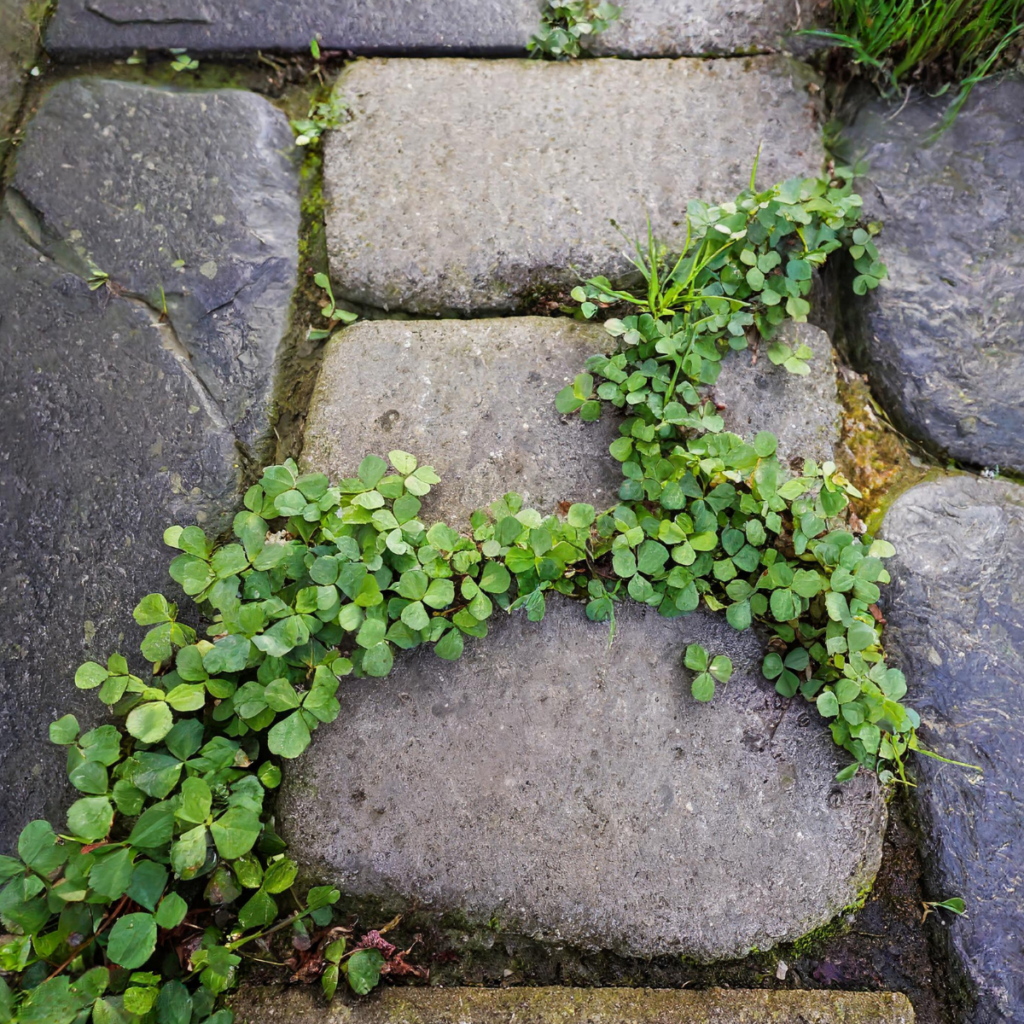
4. Allergy Concerns
Clover pollen can be a concern for allergy sufferers. If you or your family members have allergies, the presence of clover pollen might exacerbate symptoms. This is an important consideration if you’re trying to create an allergen-free outdoor space. Weighing the aesthetic and environmental benefits against potential health concerns is crucial.
What’s better for your garden?
Balancing these pros and cons can help you decide if a micro clover lawn is the right choice for your specific needs and conditions. While micro clover offers numerous benefits such as low maintenance, drought tolerance, aesthetic appeal, and environmental friendliness, it’s essential to consider the initial establishment challenges, durability under foot traffic, winter appearance, and potential allergy issues.
If you’re looking for a lawn that’s easier to care for and better for the environment, and you’re willing to put in a bit of work upfront, micro clover could be a fantastic option. However, if you need a lawn that can withstand heavy use or if allergies are a major concern, you might need to weigh these factors carefully.


Before you go!
This lemon scented flower will transform your sensory Garden
How to Insulate A Greenhouse: 6 Ways To Heat Your Plants During Cold Spells
12 Fast Growing Indoor Plants
Summer Greenhouse Cooling Ideas